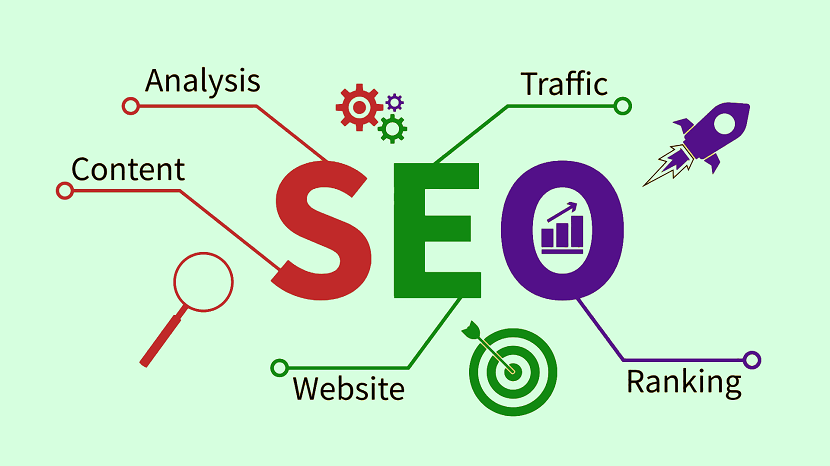What is Search Engine Optimization (SEO)?
In a world where almost every question begins with a Google search, the power of visibility on search engines cannot be underestimated. That’s where Search Engine Optimization (SEO) comes into play. Whether you’re a blogger, a business owner, or a digital marketer, understanding SEO is essential to growing online.
🔍 Understanding SEO
Search Engine Optimization (SEO) is the process of improving a website’s visibility in search engine results pages (SERPs) like Google, Bing, or Yahoo. The higher a website appears in search rankings, the more likely users are to visit it.
Unlike paid advertisements, SEO focuses on organic traffic—visitors who find your website naturally through search engines. The ultimate goal is to get your site on the first page of search results, ideally in the top three positions.
🧠 How Search Engines Work
Before diving deeper, it’s important to understand how search engines work. Search engines use bots (also known as crawlers or spiders) to visit web pages. These bots scan and store information from billions of websites in a database called the index.
When a user types a query into the search bar, the search engine quickly sifts through its index and displays the most relevant results using a complex algorithm. SEO helps your content meet those algorithmic criteria so it can appear at the top of search results.
🧱 Types of SEO
There are three main types of SEO, each playing a unique role in optimizing a website:
1. On-Page SEO
On-page SEO focuses on optimizing elements within your website, such as:
-
Keyword usage in titles, headings, and content
-
Meta descriptions and title tags
-
URL structure
-
Internal linking
-
Image optimization with alt tags
Effective on-page SEO ensures that your content is not only readable by humans but also by search engines.
2. Off-Page SEO
Off-page SEO involves actions taken outside your website to improve its credibility and ranking:
-
Backlink building: Getting other websites to link back to yours
-
Social media signals: Shares, likes, and engagement
-
Online reviews and reputation management
These factors help search engines determine the trustworthiness and authority of your site.
3. Technical SEO
Technical SEO deals with the infrastructure of your website. It ensures that your site is easy for search engines to crawl and index. Key elements include:
-
Website speed
-
Mobile-friendliness
-
Secure connections (HTTPS)
-
XML sitemaps
-
Fixing broken links and errors
🔑 Why is SEO Important?
Our Sample Work – Click Hare
Here are a few reasons why SEO is crucial in the digital world:
-
Increases Visibility: The higher your website ranks, the more people see it.
-
Builds Credibility: Users trust websites that appear on the first page.
-
Drives Organic Traffic: Quality traffic without paying for ads.
-
Better User Experience: SEO improves site usability and load speed.
-
Cost-Effective: It’s a long-term investment with compounding returns.
🛠️ Popular SEO Tools
Here are some tools commonly used by SEO professionals:
-
Google Search Console – Monitors site performance in search results
-
Google Analytics – Tracks user behavior and traffic sources
-
SEMrush / Ahrefs – Research keywords, backlinks, and competitors
-
Yoast SEO – On-page SEO plugin for WordPress
-
Ubersuggest – Free keyword research and site audit tool
📈 The Future of SEO
SEO is always evolving. Search engines update their algorithms regularly, and trends like voice search, AI content, and mobile-first indexing are shaping the future of SEO. Staying updated and adaptable is the key to long-term success. Sample Work
✅ Conclusion
Search Engine Optimization is more than just stuffing keywords into a blog post. It’s a strategic process that involves technical expertise, creative content, and continuous analysis. Whether you run a small blog or a global e-commerce site, investing in SEO can help you reach the right audience, drive consistent traffic, and grow your online presence.
If you’re looking to grow organically online, mastering SEO isn’t optional—it’s essential.


